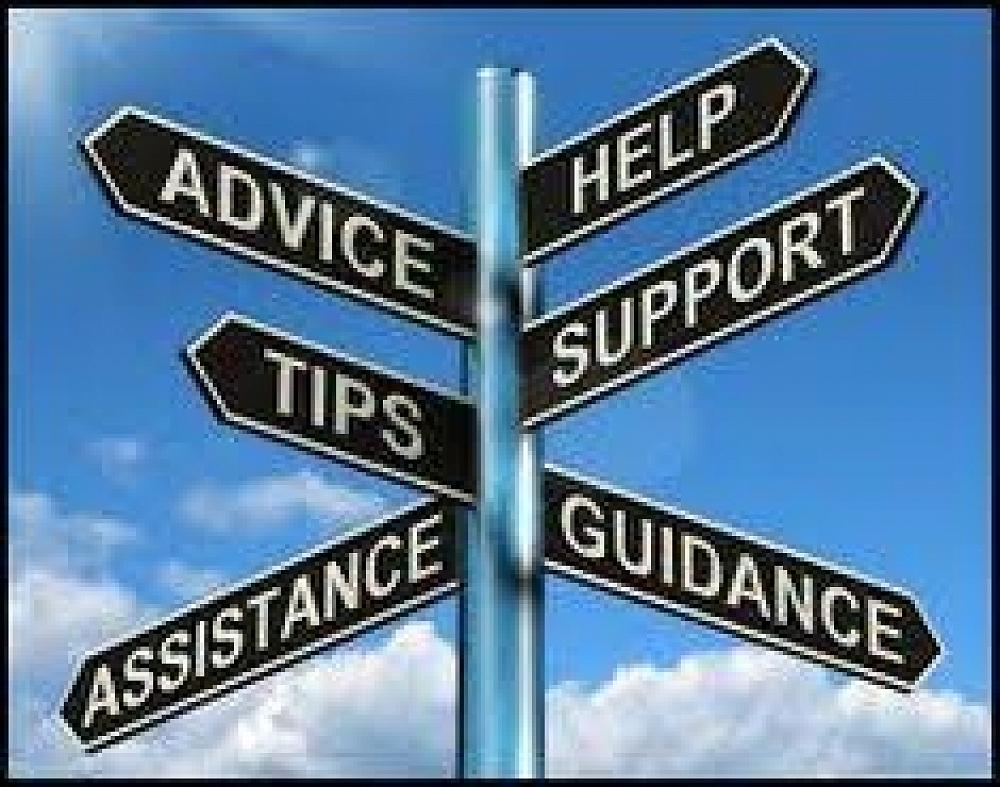
Hope – Tūmanako
Hope – Tūmanako
BERNADETTE TENCI — MAR 11, 2021
There is no greater sustenance in life than retaining the capacity to hope. To give up on HOPE (by definition: to become HOPELESS) is to give up on life itself.
As reported by Psychology Today HOPE:
· Motivates positive actions that will lead to positive results
· Is a natural stress reliever
· Helps strengthen the immune system
· Improves social relationships
· Broadens and builds your mind
Learning to Hope
In studying resilience in the face of trauma and pain, researcher Brené Brown found that the capacity to hope - intelligently and actively - is an essential component.
The following is an excerpt from her study:
Hope is not an emotion; it's a way of thinking or a cognitive process made up of three things: goals, pathways, and agency.
In very simple terms, hope happens when:
1) We have the ability to set realistic goals (I know where I want to go).
2) We are able to figure out how to achieve those goals, including the ability to stay flexible and develop alternative routes (I know how to get there, I'm persistent, and I can tolerate disappointment and try again).
3) We believe in ourselves (I can do this!).
Further to this: We learn hopeful, goal-directed thinking in the context of other people. To learn hopefulness, children need relationships that are characterized by boundaries, consistency, and support. Contrary to common perceptions of hope, it's empowering to know that we have the ability to teach our children how to hope. It's not lucky-chance.... it's a conscious choice.
People who self-report as hopeful put considerable value on persistence and hard work. The new cultural belief that everything should be fun, fast, and easy is out of step with hopeful thinking. It also sets us up for hopelessness. When we experience something that is difficult and requires time and effort, we are quick to think: ‘This is supposed to be easy; it's not worth the effort’, or, ‘This should be easier: it's only hard and slow because I'm not good at it’. Hopeful self-talk sounds more like: ‘This is tough, but I can do it’.
If we want to cultivate hopefulness, we have to be willing to be flexible and demonstrate perseverance. Not every goal will look and feel the same. Tolerance for disappointment, determination, and a belief in self are the heart of hope.
There is cause for concern in current times to believe that we're raising children who have little tolerance for disappointment and have a strong sense of entitlement, which is very different from agency. Entitlement is "I deserve this just because I want it" and agency is "I know I can do this." The combination of fear of disappointment, entitlement, and performance pressure is a recipe for hopelessness and self-doubt.
Hopelessness is problematic because it leads to feelings of powerlessness. The best definition of power comes from Martin Luther King Jr. who described power as the ability to effect change.
Believing that we are unable to effect change is a desperate feeling. We need resilience and hope to carry us through the doubt and fear. We need to believe that we can effect change if we want to live and love with wholeness.
Whai Tūmanako
"Hope and Fear cannot occupy the same space. Invite one to stay."
Maya Angelou
